Pioneers of Career and Technical Education: Celebrating Black History Month
In honor of Black History Month, we celebrate the remarkable African American educators who transformed the landscape of Career and Technical Education (CTE) in America.
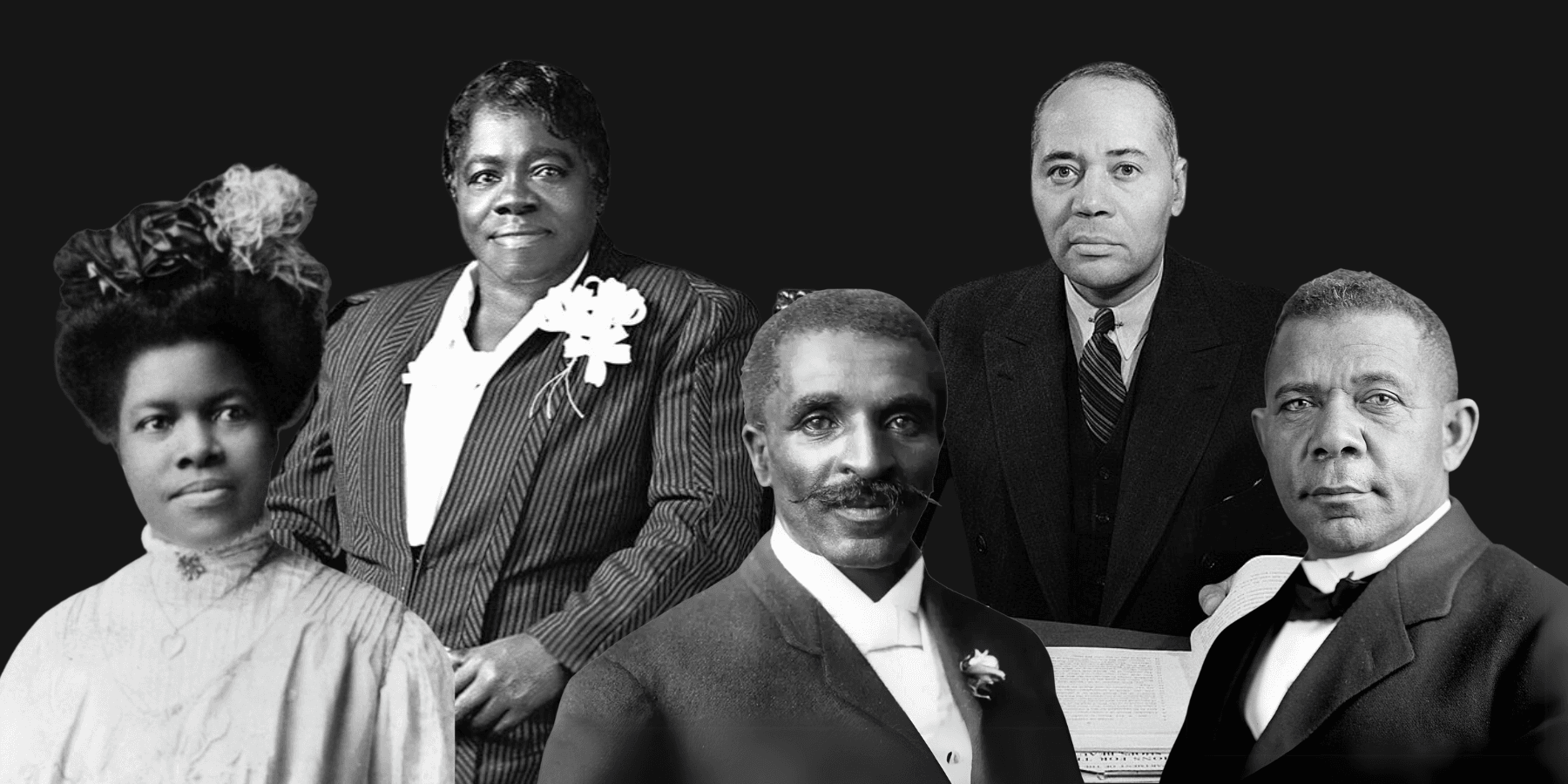
These visionary leaders didn't just establish groundbreaking educational institutions – they revolutionized how we think about the intersection of academic knowledge and practical skills, creating a legacy that continues to shape CTE programs today.
Booker T. Washington: The Architect of Industrial Education
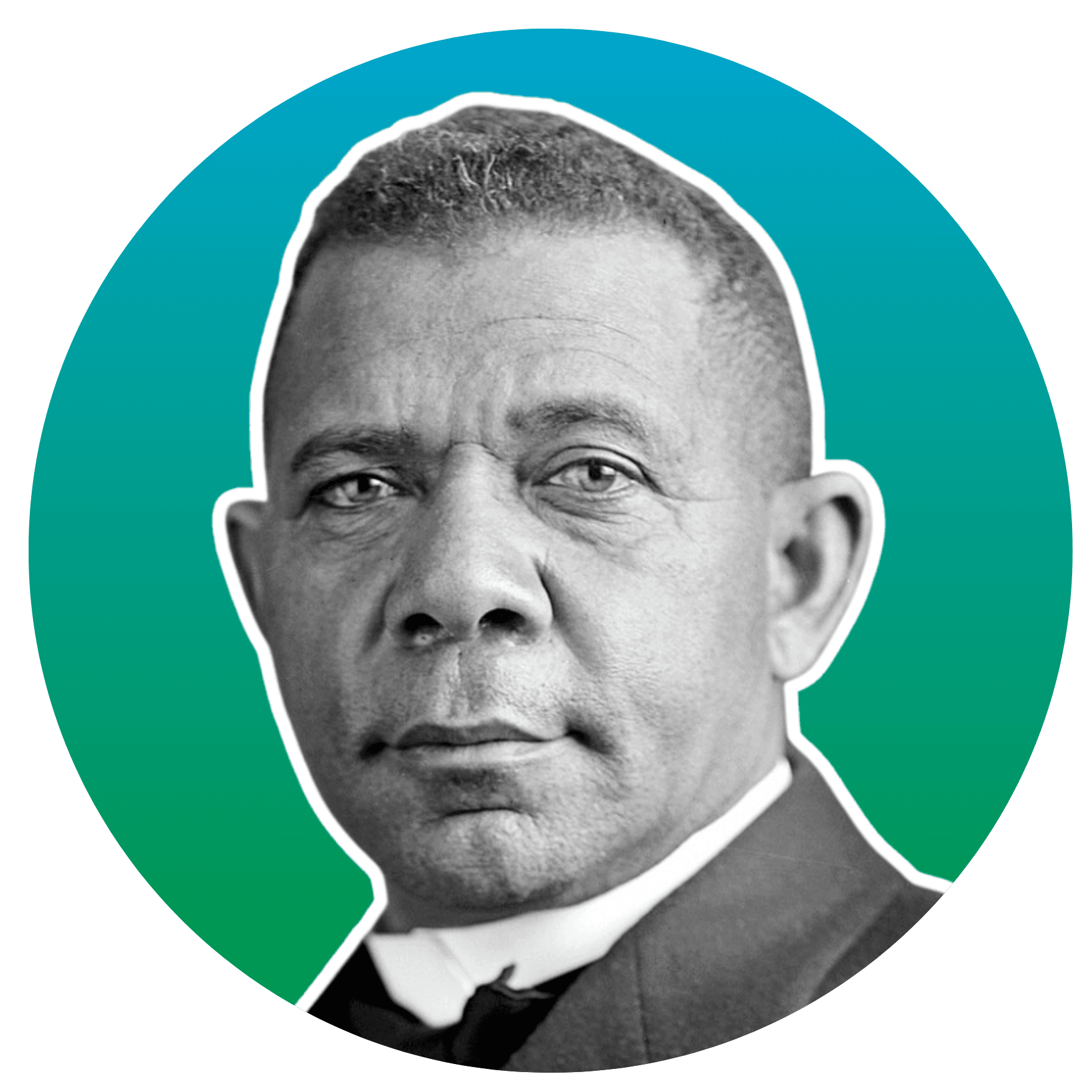
At the heart of the early vocational education movement stood Booker T. Washington, whose founding of Tuskegee Institute in 1881 marked a turning point in American education. Washington's approach was revolutionary – he envisioned education as a powerful tool for economic independence during the challenging Jim Crow era, combining rigorous academic study with practical vocational training.
The "Tuskegee Model" developed under Washington's leadership became a blueprint for vocational education nationwide. Students mastered trades ranging from carpentry and blacksmithing to agriculture and mechanical engineering, while simultaneously pursuing academic subjects. Washington's fundamental belief was that "all training derived its meaning and purpose from real problems" – a philosophy that transformed how vocational education was conceived and delivered. His integrated approach demonstrated that practical skills and intellectual development could elevate not only individual students but entire communities.
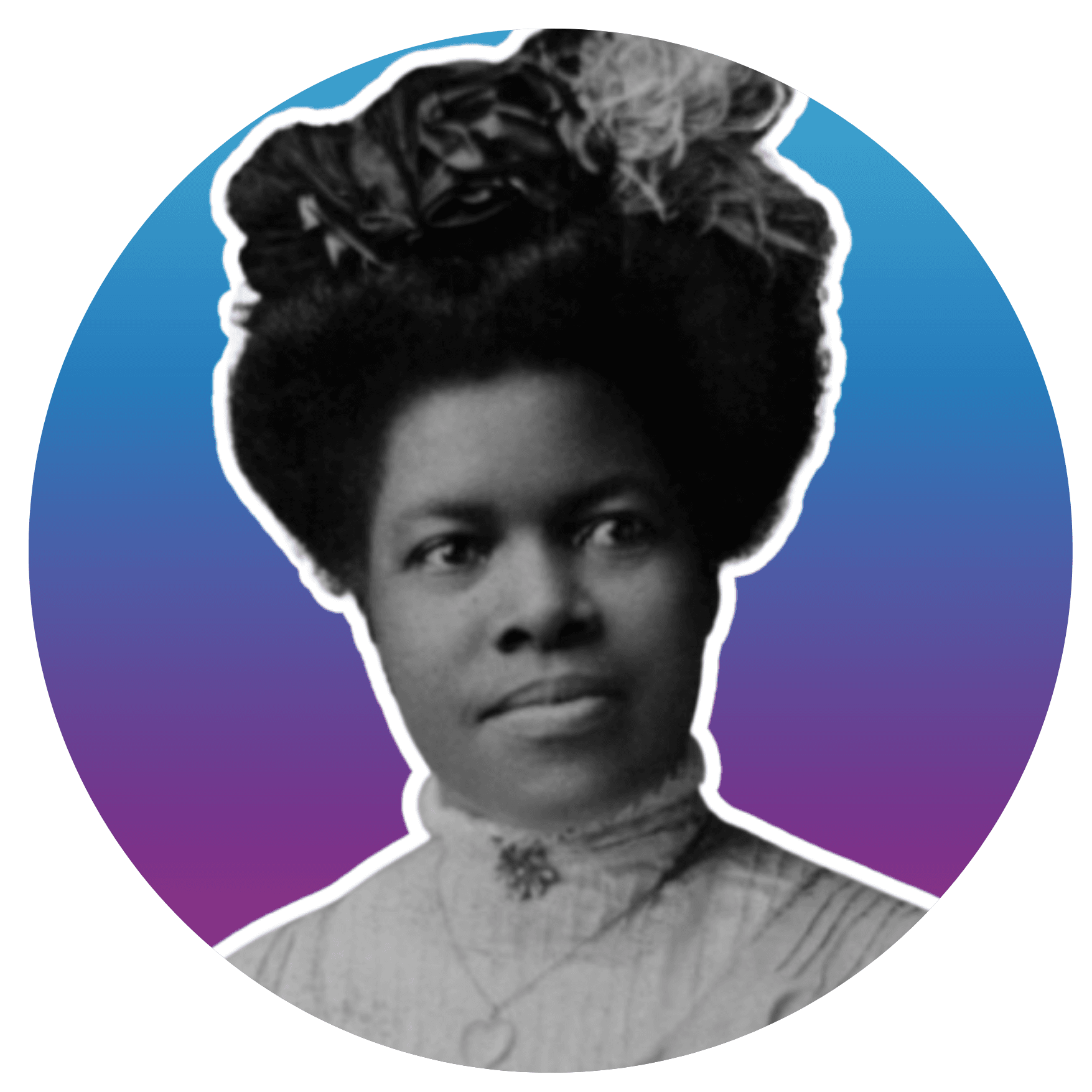
Nannie Helen Burroughs: Champion of Women's Vocational Training
"We Specialize in the Wholly Impossible" – this bold motto of Nannie Helen Burroughs' National Training School for Women and Girls encapsulated her revolutionary spirit. When she established her school in Washington, DC in 1909, Burroughs faced the dual barriers of racism and sexism. Yet, she persisted in her mission to transform women's education.
Starting from humble beginnings in a small farmhouse, Burroughs built a thriving institution that challenged educational norms. Her curriculum was remarkably progressive, combining traditional academic subjects with vocational training in fields like domestic science, power machine operation, clerical work, and printing. Burroughs insisted on excellence in every area, proving that vocational education could be both practical and intellectually rigorous. Her graduates emerged as entrepreneurs, educators, and community leaders, proving the power of her educational vision.
Mary McLeod Bethune: Creating Educational Pathways
.png)
The story of Mary McLeod Bethune demonstrates how visionary leadership can transform a modest beginning into an enduring legacy. Starting in 1904 with just five students, her Daytona Educational and Industrial Training School for Negro Girls evolved into what we now know as Bethune-Cookman University – a testament to her persistent dedication to educational excellence.
Bethune's journey to becoming the first African American college president in the South is a story of strategic growth and unwavering commitment. Through careful steps – from the school's early days to its 1923 merger with Cookman Institute and its 1931 transformation into Bethune-Cookman College – she built one of the few institutions south of the Mason-Dixon Line where African Americans could pursue higher education. Her insistence that vocational training serve as a stepping stone to broader opportunities created pathways for generations of students to pursue their highest aspirations.
George Washington Carver: Revolutionizing Agricultural Education
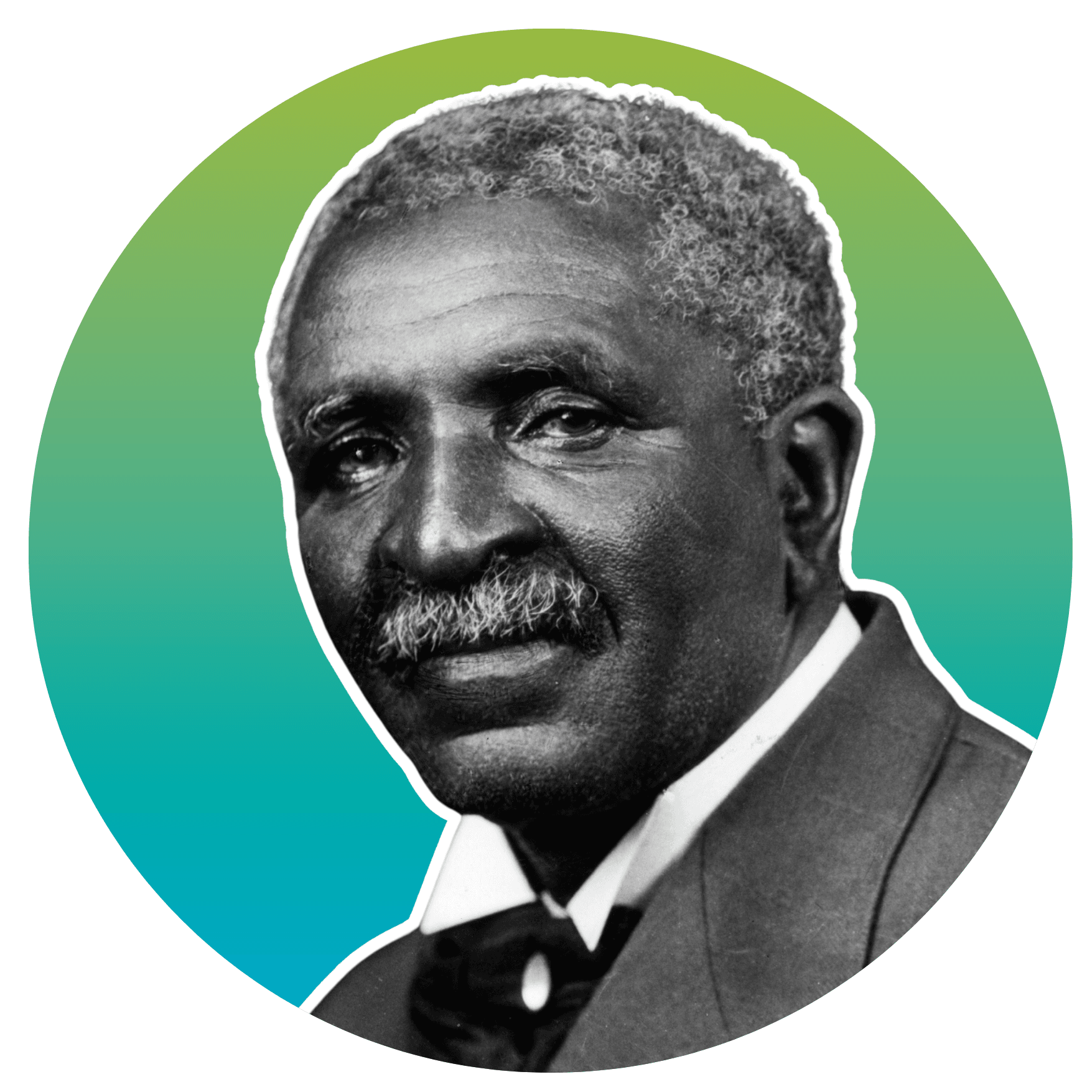
George Washington Carver's genius extended far beyond his famous agricultural innovations. His creation of the Jesup Wagon in 1906 – a mobile demonstration laboratory that brought educational resources directly to rural communities – revolutionized agricultural education. This "movable school" became his proudest achievement, making scientific knowledge accessible to farmers who couldn't travel to Tuskegee.
Carver's approach to education was hands-on and practical, yet deeply rooted in scientific principles. His demonstration farms became living laboratories where farmers learned modern agricultural techniques, exemplifying his gift for making complex concepts accessible to everyday people. This method of practical, experiential learning remains central to effective CTE instruction today.
Charles Hamilton Houston: The Legal Champion of Educational Access
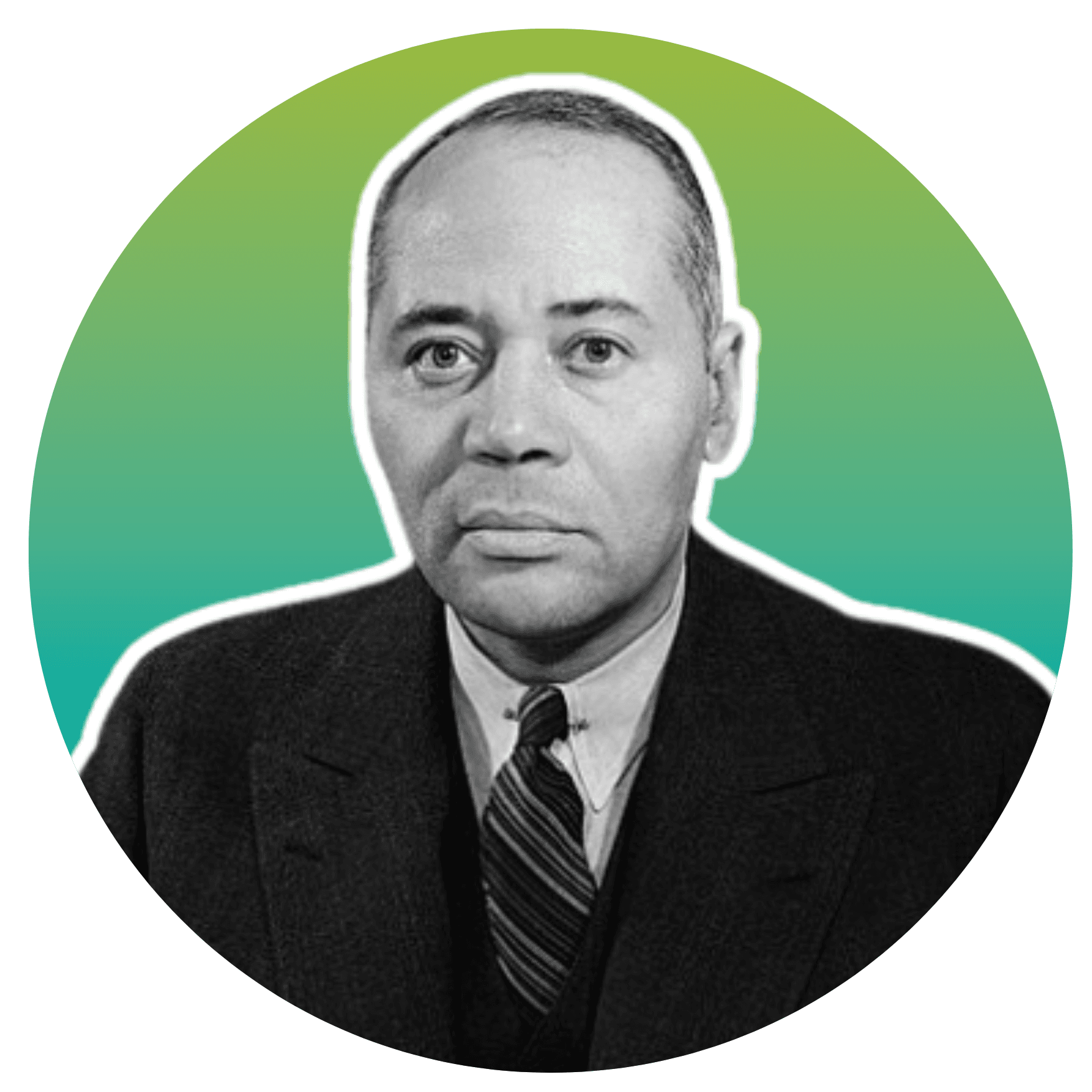
While Charles Hamilton Houston is often remembered as a brilliant civil rights attorney, his impact on vocational education was equally profound. His words, "Without education, there is no hope for our people, and without hope, our future is lost," drove his tireless work to dismantle discriminatory practices in apprenticeship programs and vocational training.
Houston understood that access to skilled trades was crucial for economic advancement. His legal victories helped break down barriers that had long prevented African Americans from entering technical fields and trades, establishing the principle that educational equity must include equal access to quality vocational and technical training.
A Living Legacy
These pioneers' contributions to CTE extend far beyond their historical moment. Their innovative approaches – emphasizing the integration of academic and practical skills, hands-on learning, and the dignity of technical work – continue to influence modern educational practices. Their enduring principles remain relevant today:
- The vital connection between theoretical knowledge and practical skills
- Education's role in economic empowerment and community transformation
- The fundamental importance of equal access to quality technical training
- The effectiveness of hands-on, experiential learning
- The power of education to build both careers and character
Their legacy lives on in today's CTE programs, which continue to provide crucial pathways to success for students of all backgrounds. As we look to the future of career and technical education, these pioneers remind us that the most effective education combines rigorous academic standards with practical skills, creates opportunities for economic advancement, and transforms not just individuals but entire communities.

.webp)
.png)
.png)




.png)

.png)
.png)



.png)
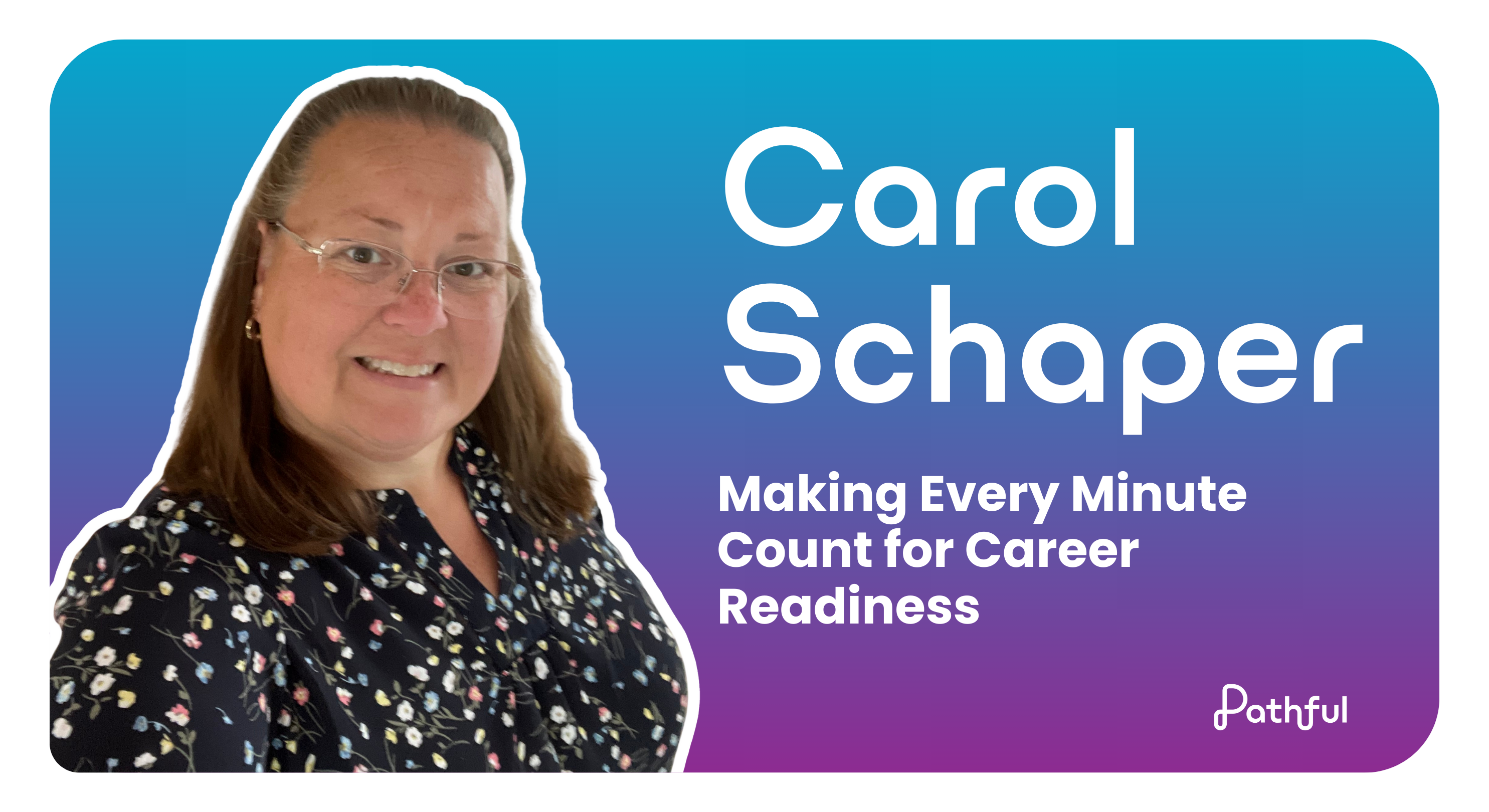


.png)


.png)



.png)
.webp)


.png)
.png)

.png)
.png)
%20(1).png)
.png)
.png)



.png)

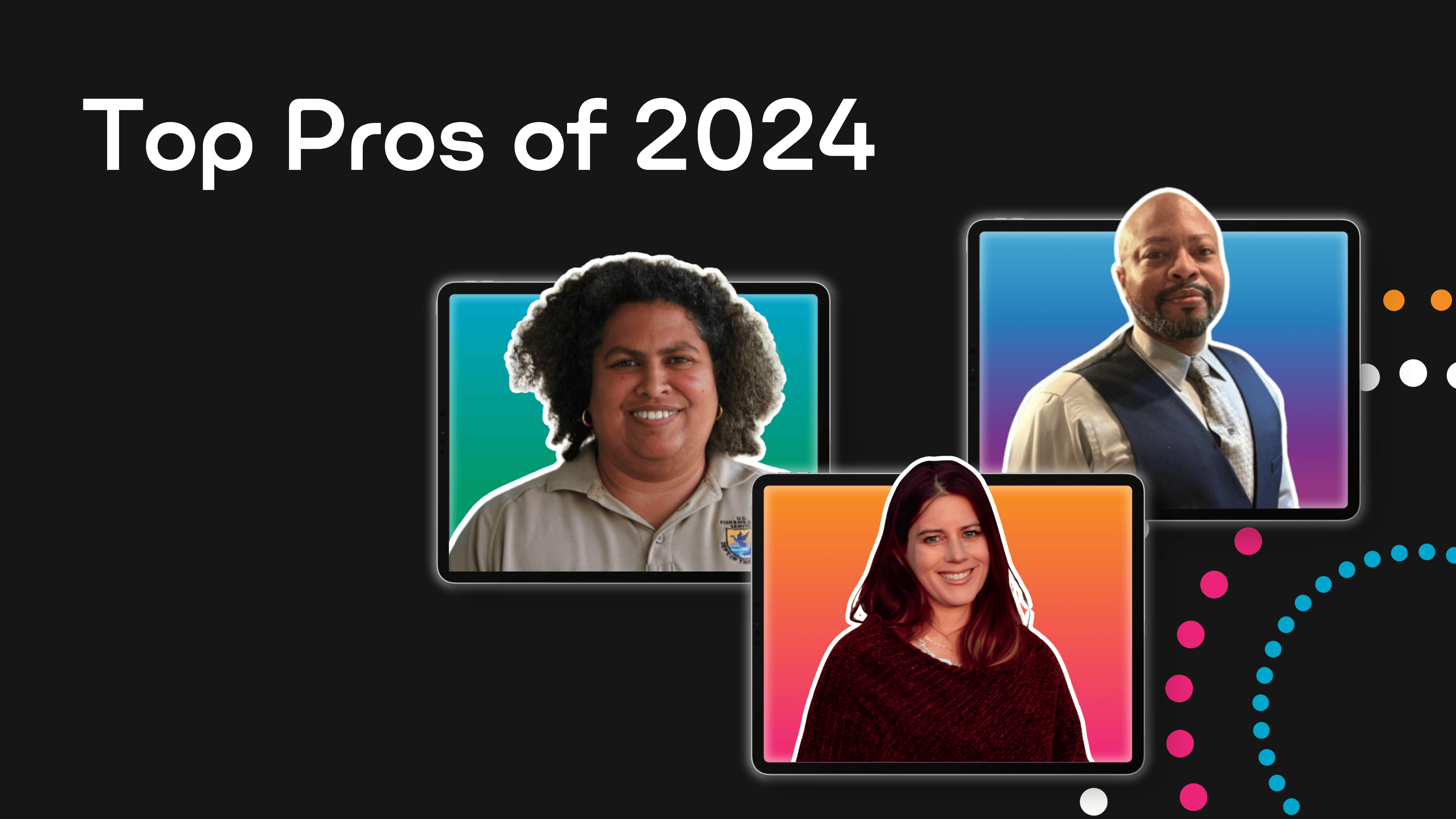

.png)



.png)

.png)


.png)
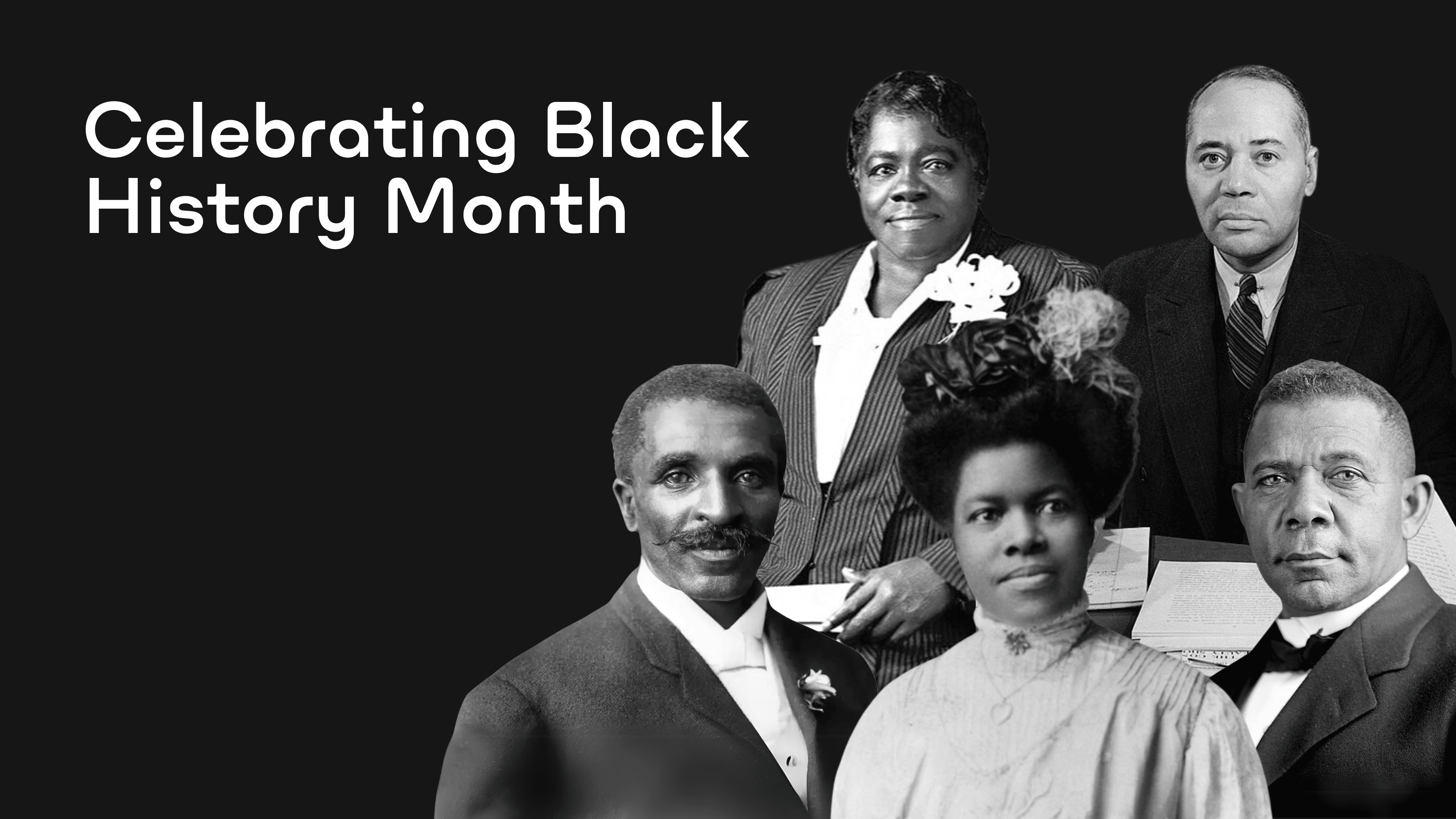
.png)




.png)



.png)

.png)






.png)


.webp)
.webp)
%20(1)%20(1).webp)
.webp)
.webp)